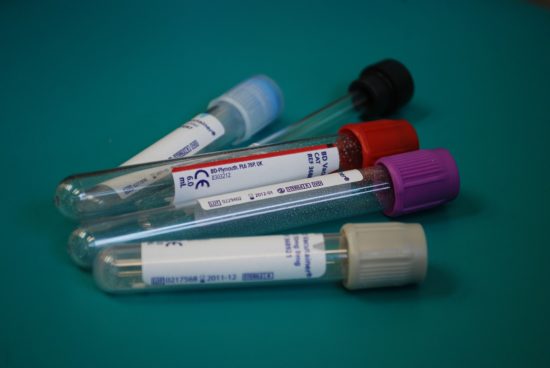Large increase in bloodstream infections with carbapenem-resistant Acinetobacter species during the first 2 years of the COVID-19 pandemic, EU/EEA, 2020 and 2021
Bloodstream infections (BSIs) with Acinetobacter species commonly have poor outcomes, especially in intensive care unit (ICU) patients. Acinetobacter spp. is intrinsically resistant to many antimicrobials, and additional acquired resistance further complicates the treatment of serious infections in already vulnerable patient groups. Recent data from the European Antimicrobial Resistance Surveillance Network (EARS-Net) show a large and statistically significant increase in reports of Acinetobacter spp. BSIs in the European Union (EU) and European Economic Area (EEA) during the period from 2017 to 2021. Most of this increase occurred in 2020 and 2021, the first years of the coronavirus disease (COVID-19) pandemic. Here we further explore this trend in a subset of data from laboratories that continuously reported data during that period.
AMR NEWS
Every two weeks in your inbox
Because there should be one newsletter that brings together all One Health news related to antimicrobial resistance: AMR NEWS!





